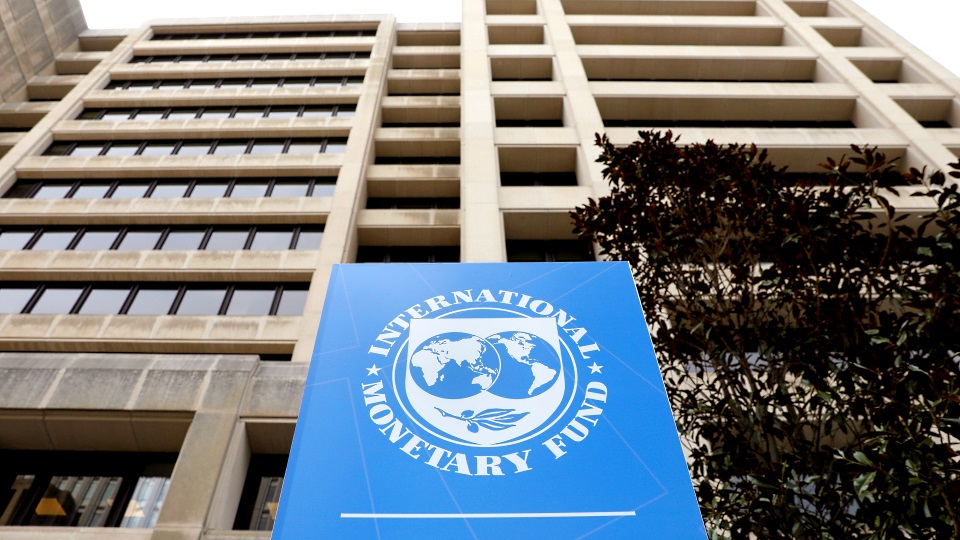"Real GDP growth reached 4.8 percent in 2018, led by a pick-up of private investment along with a boom in EU-funded construction and strong growth in IT and communications. Wage growth accelerated to 5.7 percent as the labor market continued to tighten. Unemployment declined to an all-time low rate of 7.4 percent, while core inflation slowed to 2 percent in 2018. The current account swung into a deficit of 1 percent of GDP as export volumes decelerated, while total external debt declined significantly by 20 percentage points due to a sharp decline in non-resident deposits. Growth is expected to decelerate in 2019 to just above 3 percent, as a slower pace of EU funds absorption and wage growth moderates domestic demand," the IMF said.
"The financial system remains stable despite a significant balance sheet restructuring of banks servicing foreign clients. Banks remains well capitalized and liquid, with capital levels about 40 percent higher than the euro area average and average liquidity coverage four times the regulatory minimum. Still, credit growth remains elusive; while the government-sponsored mortgage program contributed to a slight recovery of household credit by end-2018, total household credit declined by 5.4 percent and credit to non-financial corporations declined by 5.8 percent," it added.
The over-all picture was cautiously upbeat, wit the IMF saying the Latvian economy has become considerably more resilient since the global financial crisis, and economic prospects remain "favorable".
However it identified the main future challenges as demography, the threat of international protectionism and the need to continue with reform of the financial sector.
"Failure to strengthen the effectiveness of the [anti money-laundering regime] could undermine the stability of the financial system and its ability to support the economy," the IMF warned.
"Long-term fiscal policies should aim to accommodate the impact of demographic and social spending costs and support productivity-boosting reforms. New stable revenue sources would be needed to adequately cover growing age-related demands on the budget. Given Latvia’s vast investment needs, the authorities should focus capital spending on projects that have the potential to catalyze private investment and have high social impact. Poverty and inequality concerns could be addressed by improving the adequacy and targeting of existing social programs. Reforms to strengthen the transparency and governance of local authorities and state-owned enterprises can help improve the use of public resources and prevent misuse," it suggested.





























